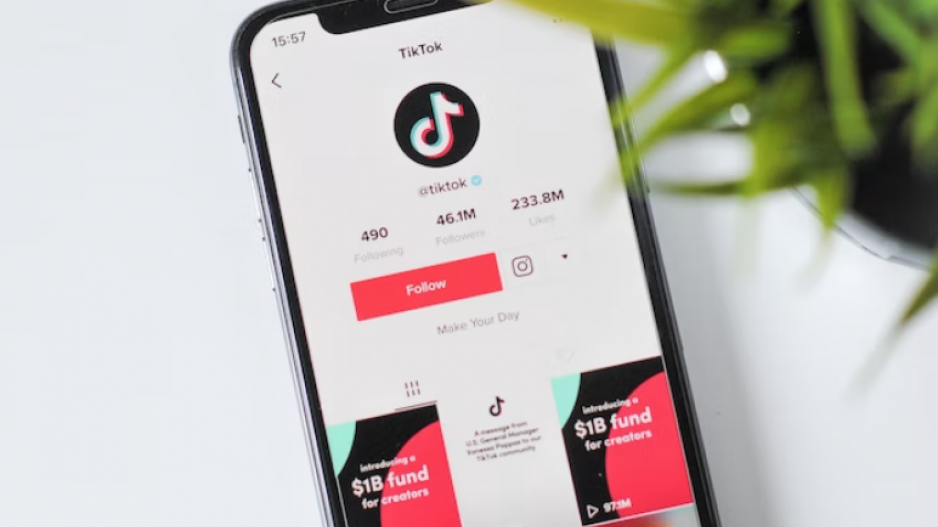B.C. businesses feel “hesitant” and “confused” about marketing on TikTok since governments across Canada banned the popular short-video platform from government devices.
Ottawa, followed by Victoria and Vancouver, cited data security concerns in their respective decisions to restrict the use of TikTok on staff devices. The U.S. government has threatened a national ban of TikTok, which is owned by the Chinese company ByteDance. The app has more than eight million users in Canada.
“It’s a very interesting time and just like everyone, we are all very confused,” said Amar Singh, director of strategy at Kipling Media, a Vancouver-based marketing and public relations firm.
“Businesses know the uncertainty of the platform and they’re not comfortable investing a lot because we don’t know if it’s going to be totally banned or not.… Many have stopped investing [in organic content] on TikTok to grow followers.”
The hesitation by local businesses to market themselves on TikTok has also been observed by Talk Shop Media, a national communications agency headquartered in Vancouver.
“The teams in both our Vancouver and Toronto … offices have observed that Canadian clients have been hesitant to immerse themselves into the platform, lifestyle and beauty brands aside,” wrote Krystin Lee, the firm’s vice-president of digital, in an email to BIV.
However, both Singh and Lee said ongoing concerns about data security have not stopped companies from advertising on TikTok.
“From my perspective, the banning of TikTok on … government-issued phones will not impact the platform or its users. However, if political efforts in the United States aimed at banning the platform gain momentum, that is where we could see serious risk to content creators ... That is where an impact could be seen on business, and those that use the platform as their main form of marketing,” said Lee.
Singh said companies will continue to use the platform if it has an audience. If Canadians are required to leave TikTok or choose to do so because of their own concerns about data security, this would be reflected in companies’ ad spending.
“Businesses are confused about how this can affect them. Right now we are having these conversations but we haven’t seen effects on numbers yet. We still have to see the ripple effect and how it affects the engagement and the traffic on TikTok. That is the biggest question and concern marketers and businesses have,” said Singh.
Despite the current controversy, it is not easy for businesses to pull themselves off of the platform because of its ability to reach audiences – especially younger Canadians, said Singh.
“TikTok has one of the best engagements that all the marketers have been enjoying and the return on investment has been good. Facebook and Instagram are mature platforms, but … Facebook itself has an older demographic and Instagram, which has a younger audience, has lost a lot of them to TikTok,” he said.
James Wang, adjunct professor at the University of British Columbia’s Sauder School of Business, agrees that it is challenging for businesses to walk away from TikTok, given the reach and engagement it offers.
If the platform is banned, he said, some businesses will suffer more than others.
“Larger businesses usually don’t just depend on TikTok. They have a diversified paid social spend strategy and can shuffle and transfer their spend relatively quickly. However, many micro-businesses with fewer than 10 employees depend a lot on TikTok ads and social content to generate revenue, so for them, a TikTok ban is devastating,” said Wang.
To navigate the uncertainties and mitigate the risks for local businesses, Singh said companies should start diversifying their marketing platforms now.
“Do not put all your eggs in one basket. If you are focused on TikTok only, or if the majority of your budget and time is allocated towards TikTok, it is a good time to start diversifying your marketing and media mix right now,” he said.
Doing so, he added, takes time.
“You cannot just shut it down overnight. You have to find a Plan B and invest in that. For example, businesses can ask TikTok followers to start following them on other channels.”



